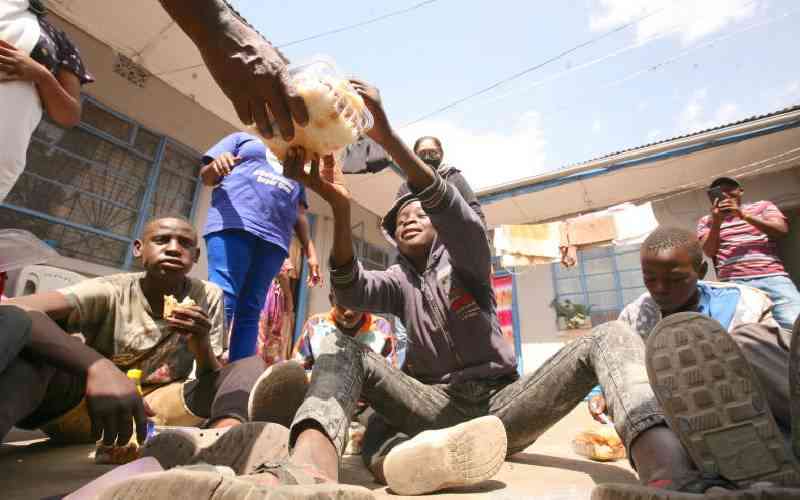×
The Standard e-Paper
Smart Minds Choose Us

As the world marked the International Day of the African Child, the plight of the young ones and the troubles families undergo to keep them safe and alive dominated the debate.
From health, education and security stakeholders painted stark pictures of the environment children grow up in the various continent.